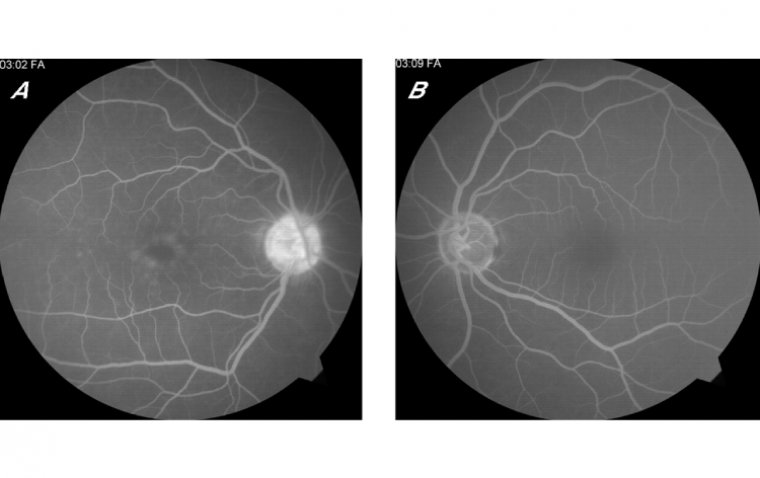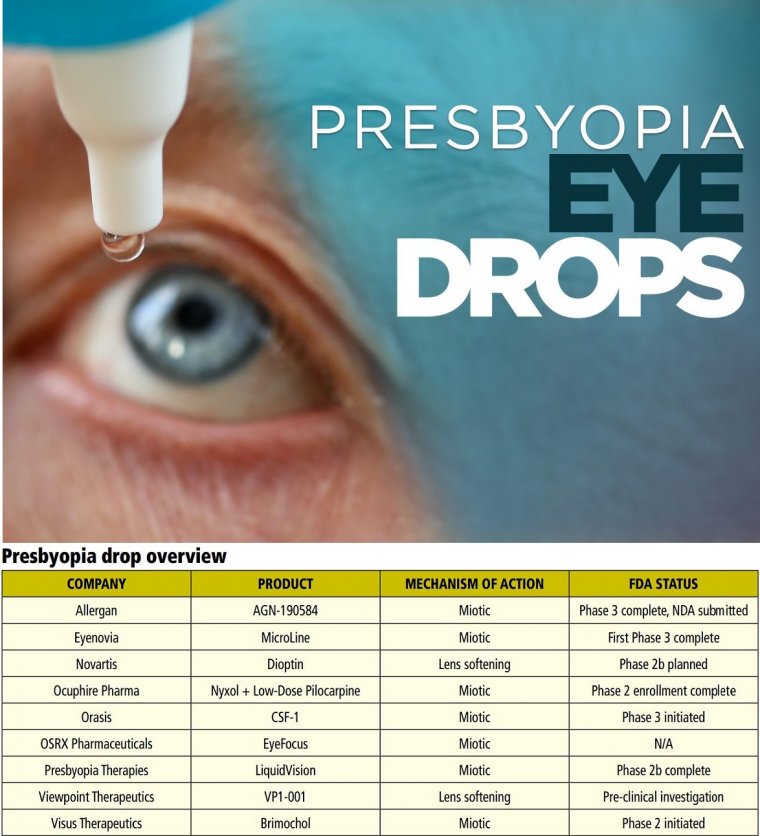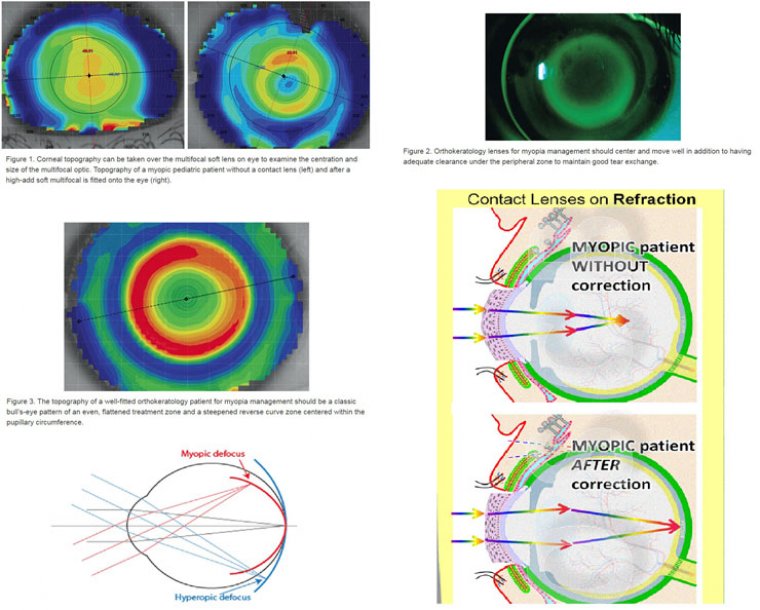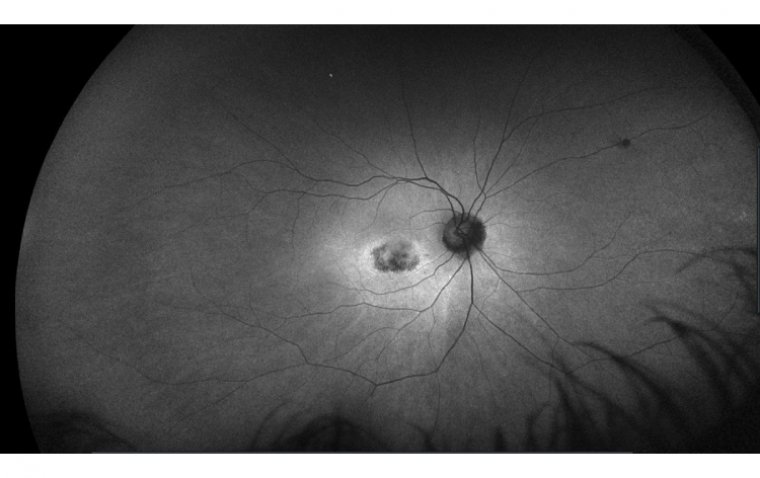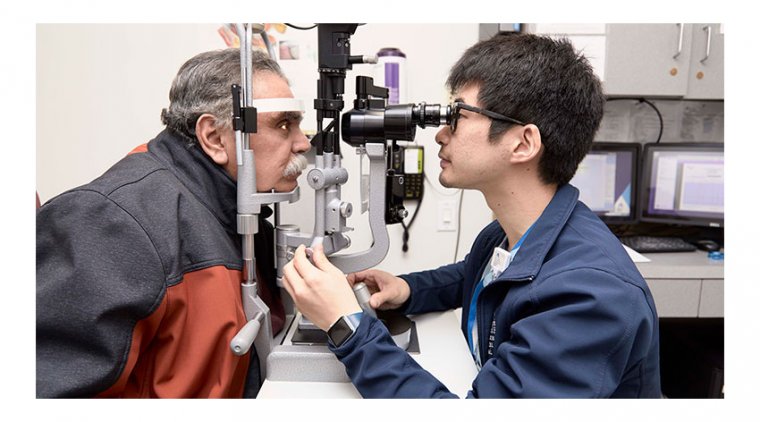
Top 5 Ophthalmology Residency Programs in the U.S. & How to Get In
Ophthalmology is a medical specialty that deals with the diagnosis and treatment of eye diseases and disorders. It is a highly competitive field, and those aspiring to become ophthalmologists typically undergo several years of training in order to acquire the necessary skills and knowledge. One important step in this process is completing a residency program, which is a postgraduate training program that provides hands-on experience in a clinical setting.
There are many ophthalmology residency programs available, but some stand out as being particularly strong in terms of their reputation, faculty, facilities, and overall training experience. Here are a few of the best ophthalmology residency programs in the United States, based on factors such as accreditation, research opportunities, and career outcomes for graduates:
1. Harvard Ophthalmology Residency Program
Located at the Massachusetts Eye and Ear Infirmary (MEEI) in Boston, the Harvard Ophthalmology Residency Program is consistently ranked as one of the top programs in the country. It is a four-year program that provides extensive training in all subspecialties of ophthalmology, including glaucoma, cornea, retina, and pediatric ophthalmology. The program also offers research opportunities and the chance to work with renowned faculty members.
2. John Hopkins Wilmer Eye Institue Residency Program
The Johns Hopkins Wilmer Eye Institute Residency Program is another highly respected program that offers a four-year training experience. Located in Baltimore, Maryland, the program provides extensive clinical experience in a variety of settings, including private practice, community clinics, and a VA hospital. It also offers research opportunities and the chance to work with distinguished faculty members.
3. University of Michigan Kellogg Eye Center Residency Program
The University of Michigan Kellogg Eye Center Residency Program is a four-year program that provides comprehensive training in all aspects of ophthalmology. Located in Ann Arbor, Michigan, the program offers a wide range of clinical experiences, including rotations in private practice, a VA hospital, and a community clinic. It also provides research opportunities and the chance to work with experienced faculty members.
4. University of California, San Francisco (UCSF) School of Medicine Residency Program
The University of California, San Francisco (UCSF) School of Medicine Residency Program is a four-year program that provides extensive training in all subspecialties of ophthalmology. Located in San Francisco, the program offers a variety of clinical experiences, including rotations at the UCSF Medical Center and the San Francisco VA Medical Center. It also provides research opportunities and the chance to work with experienced faculty members.
5. University of Illinois at Chicago (UIC) College of Medicine Residency Program
The University of Illinois at Chicago (UIC) College of Medicine Residency Program is a four-year program that provides comprehensive training in all aspects of ophthalmology. Located in Chicago, the program offers a wide range of clinical experiences, including rotations at the UIC Eye and Ear Infirmary and the Jesse Brown VA Medical Center. It also provides research opportunities and the chance to work with experienced faculty members.
Overall, these are just a few examples of the many excellent ophthalmology residency programs available in the United States. If you are considering a career in ophthalmology, it is important to research and compare the different programs to find the one that best fits your needs and goals.
Steps to Apply for Ophthalmology Residency Programs
● Complete your medical education: To be eligible for ophthalmology residency programs, you must have completed medical school and hold a medical degree. This typically involves four years of undergraduate education followed by four years of medical school.
● Obtain clinical experience: Many ophthalmology residency programs require applicants to have some clinical experience, such as internships or rotations, in order to demonstrate their knowledge and skills in the field. It is important to start gaining clinical experience as early as possible in your medical education.
● Take the United States Medical Licensing Examination (USMLE): The USMLE is a three-step exam that medical students and graduates must pass in order to obtain a medical license in the U.S. You must pass all three steps in order to be eligible for ophthalmology residency programs.
● Research ophthalmology residency programs: There are many ophthalmology residency programs in the U.S., so it is important to research and find the program that is the best fit for you. Consider factors such as location, faculty, research opportunities, and clinical experience.
● Create a strong application: Ophthalmology residency programs receive many applications, so it is important to create a strong application that stands out. This includes a well-written personal statement, strong letters of recommendation, and a comprehensive curriculum vitae (CV).
● Apply to ophthalmology residency programs: Once you have identified the programs you are interested in, you can begin the application process. This typically involves submitting an online application, transcripts, and other supporting materials.
● Interview with ophthalmology residency programs: Many ophthalmology residency programs require applicants to participate in an interview as part of the selection process. This is an opportunity for you to discuss your interests and goals with program faculty and to learn more about the program.
● Match into an ophthalmology residency program: The final step in the process is to "match" into an ophthalmology residency program. This is done through the National Resident Matching Program (NRMP), which matches medical students with residency programs based on the preferences of both parties.
By following these steps, you can increase your chances of being accepted into an ophthalmology residency program in the U.S. and begin your career as an ophthalmologist.
(1).jpg)

